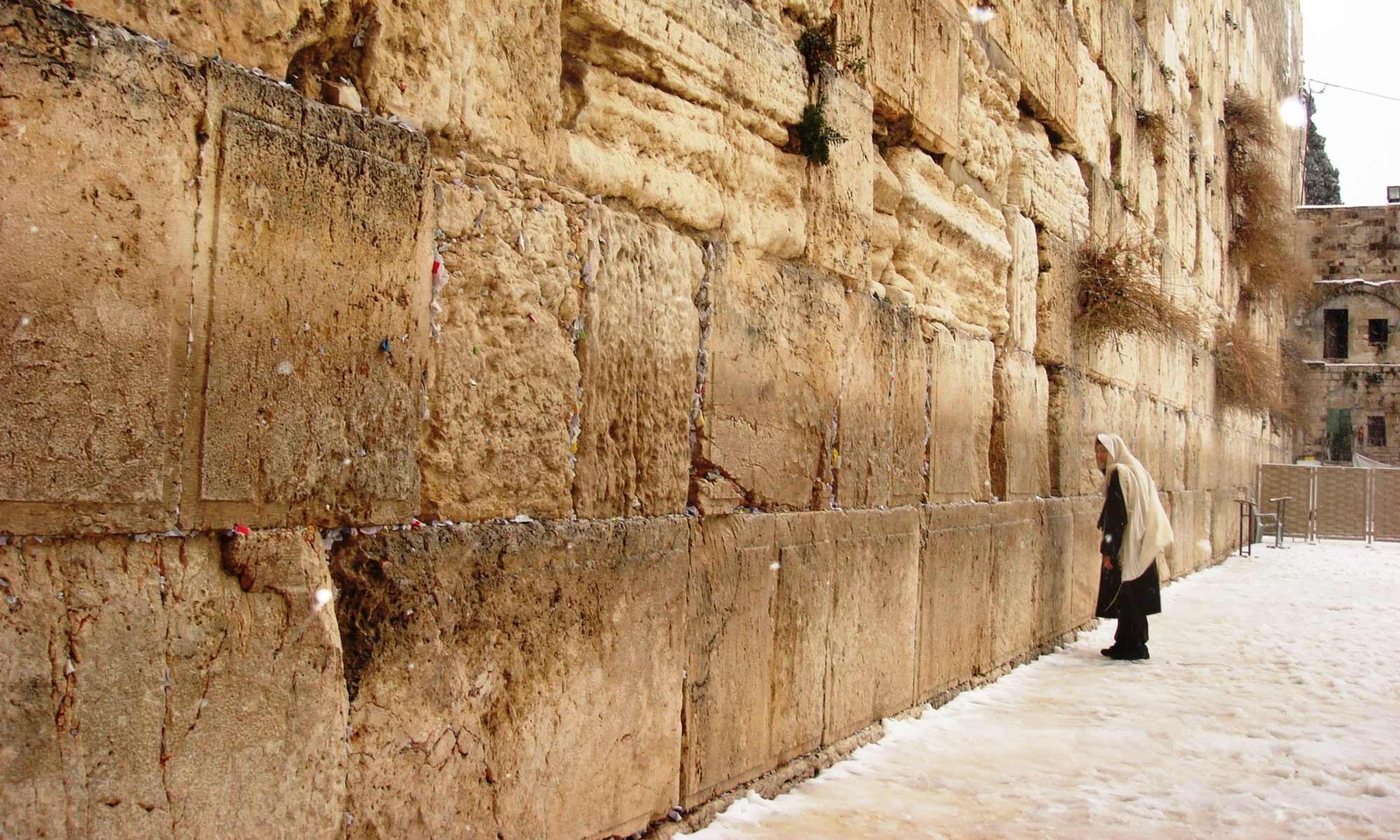Charity (Tzedakah):
What is Tzedakah?
The word tzedaka derives from the Hebrew word tzedek, “justice.” Performing deeds of justice is perhaps the most important obligation Judaism imposes on the Jew. “Tzedek, tzedek you shall pursue,” the Torah instructs (Deuteronomy 16:20). Hundreds of years later, the Talmud taught: “Tzedaka is equal to all the other commandments combined” (Bava Bathra 9b). From Judaism’s perspective, therefore, one who gives tzedaka is acting justly; One who doesn’t, unjustly. And Jewish law views this lack of justice as not only meanspirited but also illegal. Thus, throughout history, whenever Jewish communities were selfgoverning, Jews were assessed tzedaka just as everyone today is assessed taxes.
The Torah legislated that Jews give 10 percent of their earnings to the poor every third year (Deuteronomy 26:12), and an additional percentage of their income annually (Leviticus 19:910). Hundreds of years later, after the Temple was destroyed and the annual tithe levied upon each Jew for the support of the priests and Levites was suspended, the Talmud ordered that Jews were to give at least 10 percent of their annual net earnings to tzedaka (Maimonides, Mishneh Torah, “Laws Concerning Gifts for the Poor,” 7:5).
Main Article Link :
http://www.jewishvirtuallibrary.org/jsource/Judaism/Tzedaka.html
Read More :
http://www.jewfaq.org/tzedakah.htm
Charity versus Tzedakah:
http://judaism.about.com/library/3_askrabbi_o/bl_simmons_charitytzedakah.htm
